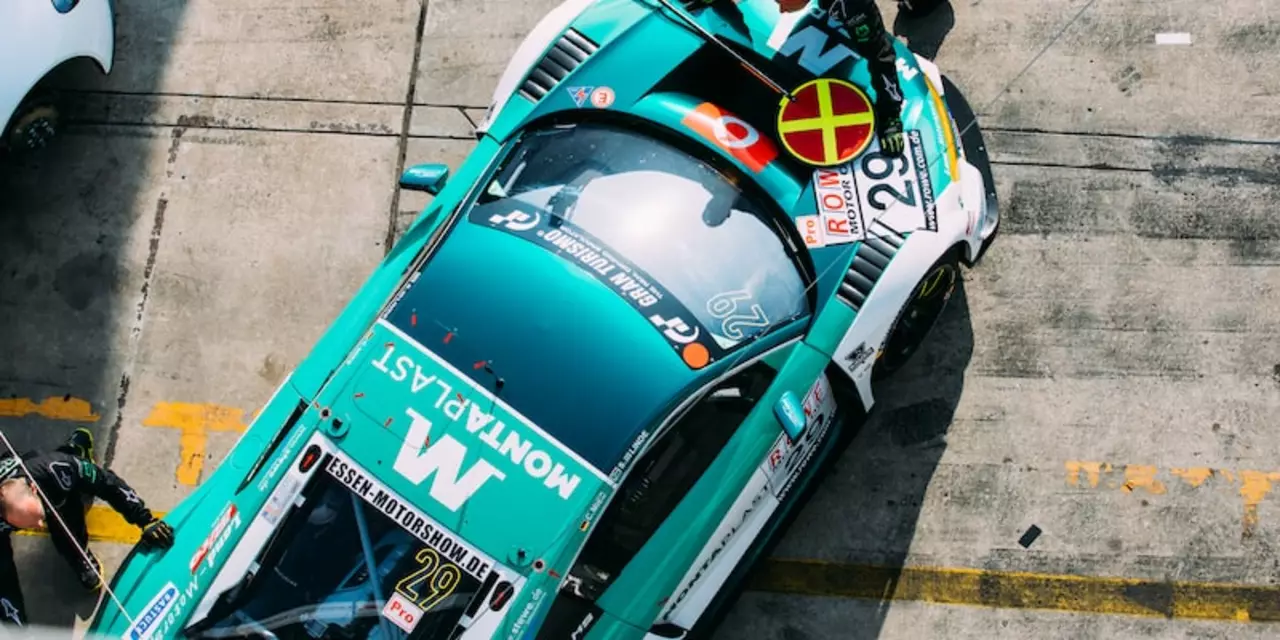Motorsport Hub: News, Tech, and How‑To Guides
Welcome to the place where every motorsport fan can find a quick update, a handy tip, or a deep‑dive explanation. Whether you follow Formula 1, IndyCar, or street‑legal race events, this page gives you the basics you need without the fluff.
What’s happening right now?
From shopping‑centre stunts caught on camera to big‑brand exits from the sport, the headlines keep changing fast. A recent video showed two teenagers throwing a heavy seat from a top floor in Westfield Stratford – the clip went viral, sparking a debate about safety and social‑media challenges. On the other side of the track, BMW announced it was pulling out of Formula 1 to focus on sustainable tech for road cars. The decision shows how manufacturers balance racing glory with long‑term business goals.
Fans also love the wild “no‑restriction” race idea. Imagine a circuit where a rocket‑powered go‑kart, a monster truck, and a souped‑up tractor compete side by side. It sounds crazy, but the concept highlights how rules shape the excitement and safety of motorsport. When limits are lifted, the spectacle is insane – and the risk level jumps dramatically.
Practical tips for racers and enthusiasts
If you’re thinking about turning your passion into a career, the United Kingdom tops the list in Europe. It offers a dense network of circuits, training schools, and a strong racing culture that has produced legends like Lewis Hamilton. Starting out here means you can get on a track quickly and learn from experienced teams.
Track surface matters too. Most racing venues use a mix of asphalt and concrete, with some specialty tracks adding clay or dirt for rally events. The material isn’t what hurts drivers; it’s the speed and the impact of crashes. Modern helmets, fire‑resistant suits, and car safety cells absorb most of the force, letting drivers walk away from accidents that would have been dangerous a decade ago.
Professional drivers practice almost every day. A typical schedule mixes on‑track laps, simulator sessions, data analysis, and fitness work. The goal is to keep reflexes sharp and understand each circuit’s quirks. Even top IndyCar engineers, like John Casey, spend hours tweaking car setups and running virtual laps to stay ahead.
Finally, keep an eye on the industry’s direction. As manufacturers shift toward electric power and sustainability, new racing series are emerging that focus on green tech. Staying informed helps you choose the right path, whether you’re a driver, engineer, or just a fan who wants to understand what’s next.
So, whether you’re looking for the latest news, a career tip, or a quick rundown on track safety, this motorsport hub has the answers. Keep reading, stay curious, and enjoy the ride.

Which motorsport requires the most skill?
After exploring various motorsports, it's clear that pinpointing which one requires the most skill is complex as each sport demands its unique set of capabilities. However, many argue that Formula 1 stands out due to its high-speed precision, tactical decision-making, and intense physical and mental demands. Others might point to the intricate tactics and danger involved in MotoGP or the multi-disciplinary skillset required in Rallying. In contrast, some believe the endurance and team strategy involved in Le Mans racing make it the most skill-intensive. Ultimately, the answer depends on how one defines 'skill', demonstrating the multifaceted nature of motorsport expertise.
Read More
Which motorsport would be considered the most skilled?
Motorsport is a popular and highly competitive form of racing across the world. Among the many disciplines available, some argue that Formula 1 is the most skilled and demanding. This is due to the technical knowledge and precision required to be successful. Other motorsport disciplines such as Rally and Endurance racing also require a high level of skill, as the drivers must be able to adapt to changing conditions, such as weather and terrain. Ultimately, the most skilled motorsport is a matter of opinion as all require a high level of technical knowledge, concentration, and skill.
Read More